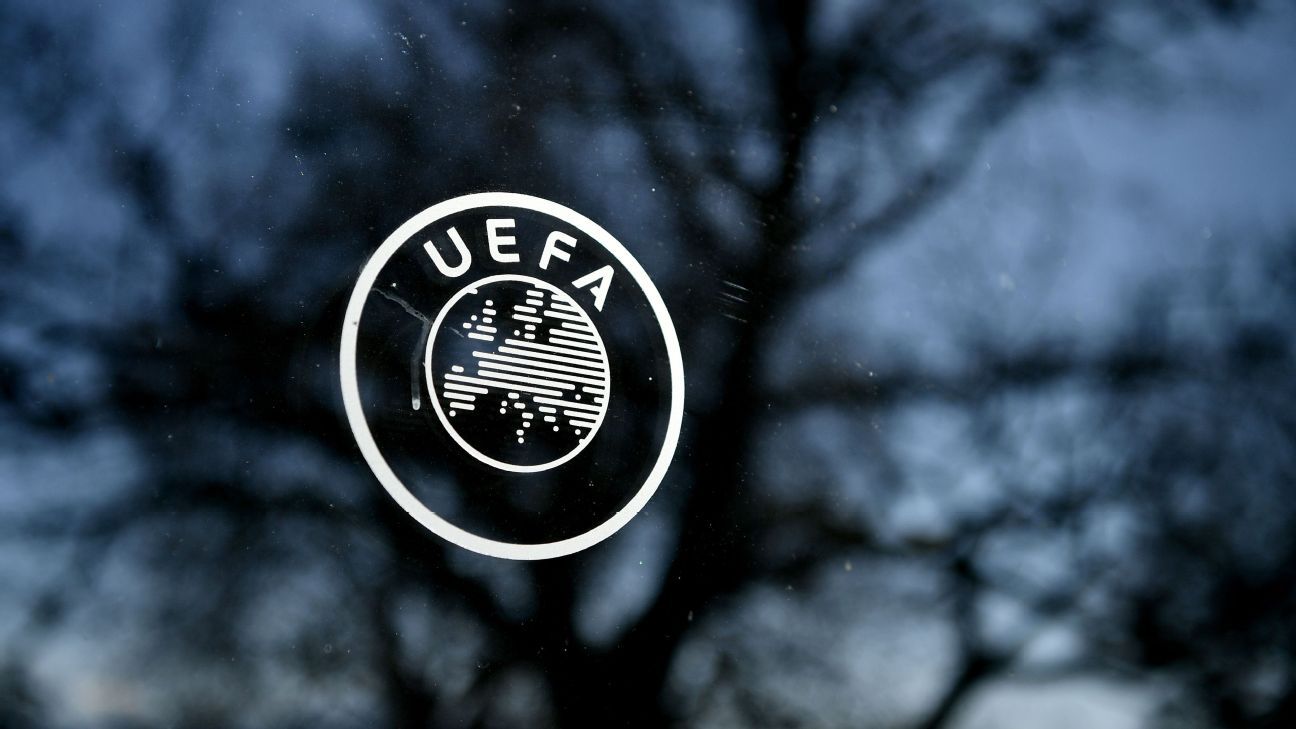
Abe Gashahun just misses course record as he regains his title in Addis Ababa
In its 20th edition, the Great Ethiopian Run – an event which typically fields a 50,000 person footrace – was held at 25% capacity in Addis Ababa on Sunday (January 10). However, the Haile Gebrselassie-headlined showpiece was still the largest mass participation sports event to have taken place since the coronavirus lockdown.
After a postponement of several months and new directions requiring the 300-person elite field to undergo COVID-19 testing, the streets of Addis saw an intensely competitive elite men’s line-up battling it out, with track athletes upping their distance to 10km and marathoners honing their speed as the shortage of racing opportunities heightened the stakes.
Kenya’s Paul Tergat was invited, but due to a family emergency in Kenya, was unable to attend. Yet Ethiopian legends old and new – as well as many of the country’s top athletes at the peak of their careers – vied for the win over a hilly point-to-point course at an altitude of over 2,350m.
Photo by Ashenafi Gudeta / TOTAL Great Ethiopian Run
The men’s race was won by the 2016 victor, Abe Gashahun, in 28:20, as he outsprinted world under-20 cross-country silver medallist Tadese Worku to hit the tape first by one second. He fell just short of the course record of 28:19 set by Deriba Merga 15 years ago. World under-20 cross-country champion Milkesa Mengesha flew in to complete the podium in 28:40.
Gashahun was beaming after the win. Unlike many top Ethiopian athletes who live and train in Addis Ababa, he is a member of a training group linked with Elite Sports Management, and coached by Belete Mekonen, in Debre Berhan – a city which is situated around 130 kilometres from the capital.
Gashahun is a native of Debre Berhan and began his running career there, before going to the Debre Marcos Police Club, and has been using this time of COVID-19 to gain strength and move up in distance.
“Before, I considered myself a 5000m runner,” he said. “But now I’m training for longer distances with the group in Debre Berhan.
“It’s been a really difficult time,” added Gashahun, whose training group – featuring close to 80 athletes – is gaining in prominence in Ethiopia. “In the beginning we were communicating about how to train over Facebook and Telegram, but now groups have started to reconvene.”
Despite limited prize money, and a very skewed distribution towards the winner, coaches and athletes expressed gratitude for a chance to compete.
“This is a good day for athletes because COVID-19 saw the cancellation of so many big races,” said coach Haji Adilo, who works with three of the top 10 finishers.
“It’s difficult for the coaches, too,” he noted, “because the athletes ask us when the races will open up. We just tell them to keep training, keep their morale and their spirits high, because things will open up again.”
But until that happens on a mass scale, some of the domestic races in Ethiopia may be the most competitive in the world.
Click here to read more about the women’s race and story of race winner Tsigie Gebreselama.















 Phone: (800) 737. 6040
Phone: (800) 737. 6040 Fax: (800) 825 5558
Fax: (800) 825 5558 Website:
Website:  Email:
Email: 






